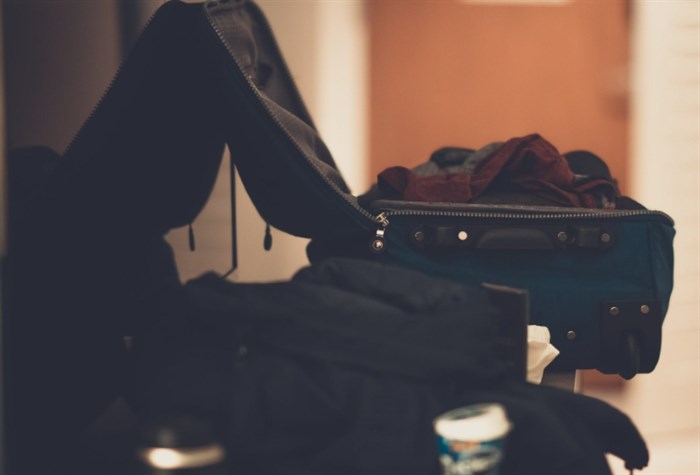
Image Credit: Pexels.com
August 03, 2021 - 7:30 AM
When a fire broke out near Mary Ann Murphy’s Westbank home earlier this month, she was prepared to grab her most important things and leave.
You’d expect so. The associate professor at the Faculty of Health and Social Development at UBC’s Okanagan campus had spent several years examining the psychological and sociological impacts of the 2003 wildfires that destroyed hundreds of homes in the Okanagan Mountain wildfire near Kelowna.
She said the emotional impact of the wildfires continued long after the flames were doused.
“Most of the families we interviewed started crying even before we got through the door,” says Dr. Murphy. “This was a year later, and it shows you the depth of the guilt, anxiety and post-traumatic distress these people felt. Part of it was guilt, self-blame. They didn’t think they did a good enough job getting ready to go.”
She said the families told her they mourned irreplaceable photos and valuables. But there were other things – like the Christmas decorations no one thinks about when an emergency worker bangs on your door in the middle of the night.
“There is a phenomenon known as acute stress, which prevents you from thinking clearly and logically,” she says. “Instead of taking what is really important, sometimes you pick up the wrong things. They’d recall the things they took with shock, surprise, and disbelief.”
She recalls one family in particular.
“They had to leave with nothing, but a few days later were allowed to go back and pack a few things. The husband got to the house – his wife had instructed him only to take some paintings that she loved,” recounts Murphy. “Then he thought, ‘This family we’re staying with, they’ve been so good to us.’ So he opened up the freezer and all he brought back was all the frozen food.
“The next day their house burned down. She wanted to kill him. But it shows you the shock and disbelief those people were in.”
But by simply planning ahead, you can think clearly about what you really want to take with you at a moment’s notice.
Murphy’s advice: make a list of your oldest possessions, your most personal objects, the irreplaceable items that may or may not have monetary value. Take a full video of every room in your house and pre-pack easy-to-grab bins with important objects and documents like passports and insurance papers.
And include the most treasured things in your home: think about whether things like jewellery or artwork are insured, and whether or not these are things you would really need to take.
That rush to leave is the beginning of post-traumatic stress which can continue for a very long time afterwards.
“They talked about the incredible loss, not just of the structure of their homes, but a profound loss with every comfort, every family ritual, routine, familiarity being turned upside down,” she says.
Objects represent everything you care about in your family, she says. “Imbued in these objects are very deep-seated memories and meaning: it’s not ‘just a thing.’”
It’s those things you want to hold on to, and save from loss.
However, Murphy also says a disaster in the offing can make you remember the really important things – the value of your neighbours, the power of belonging. Knowing someone is thinking of you, has your back, can be very reassuring.
Her Westbank community has set up a neighbourhood guard for fires, and she noted how it helps ease the stress of the times.
“This connecting with neighbours, being prepared… it’s really calming,” she notes. “There’s some control you offer to people that way.”
— Originally published by Valley Voice
News from © iNFOnews, 2021